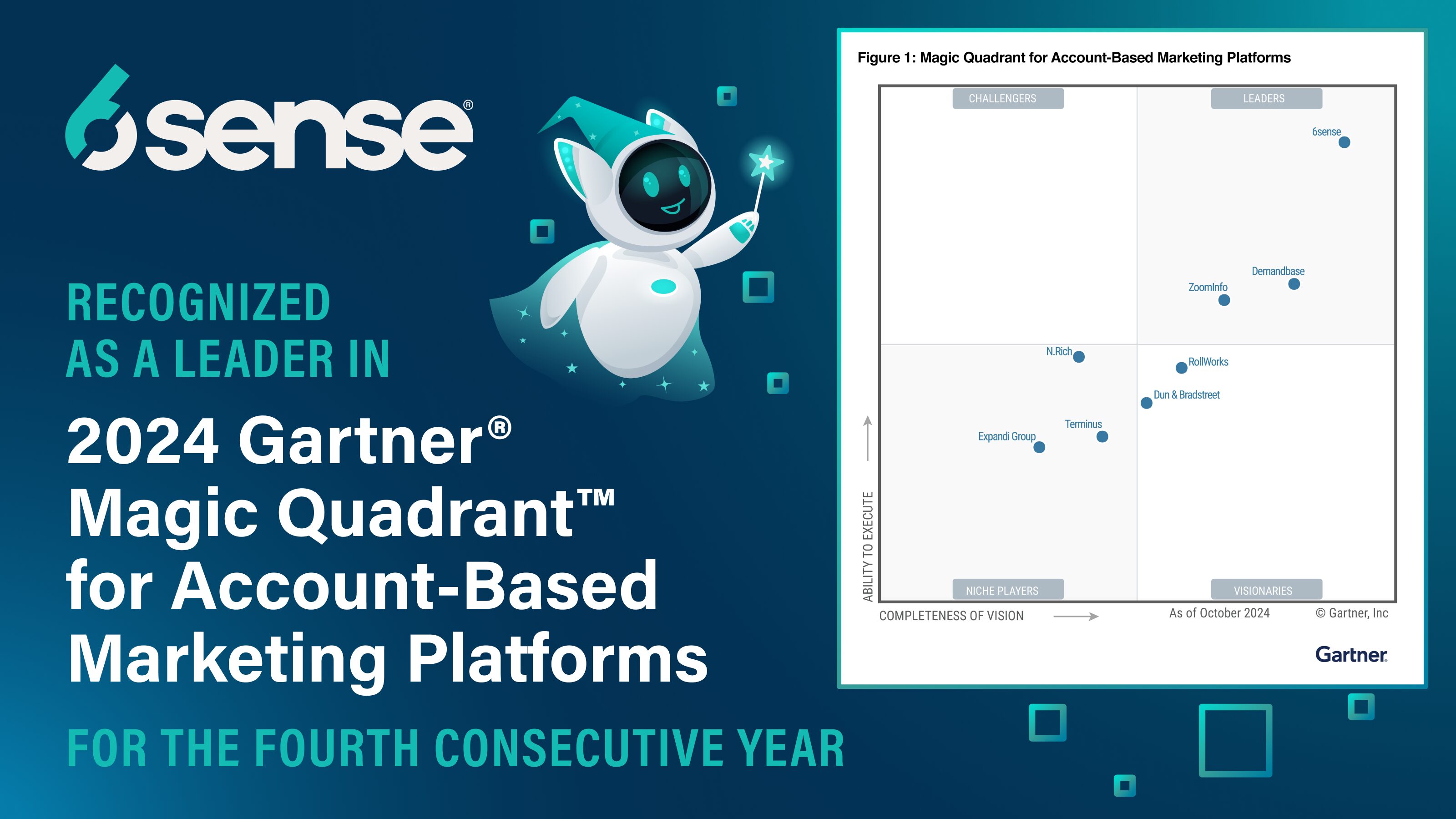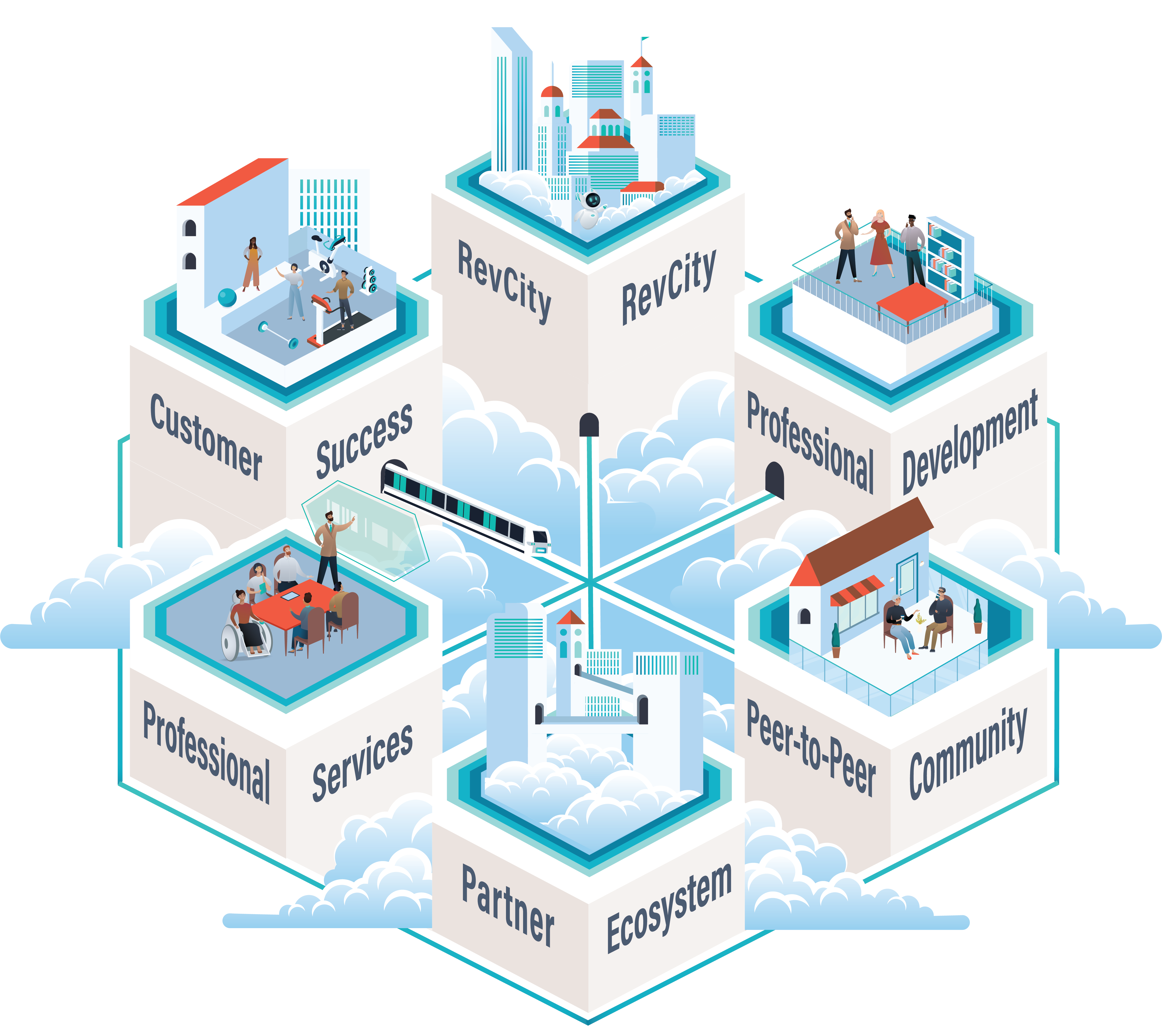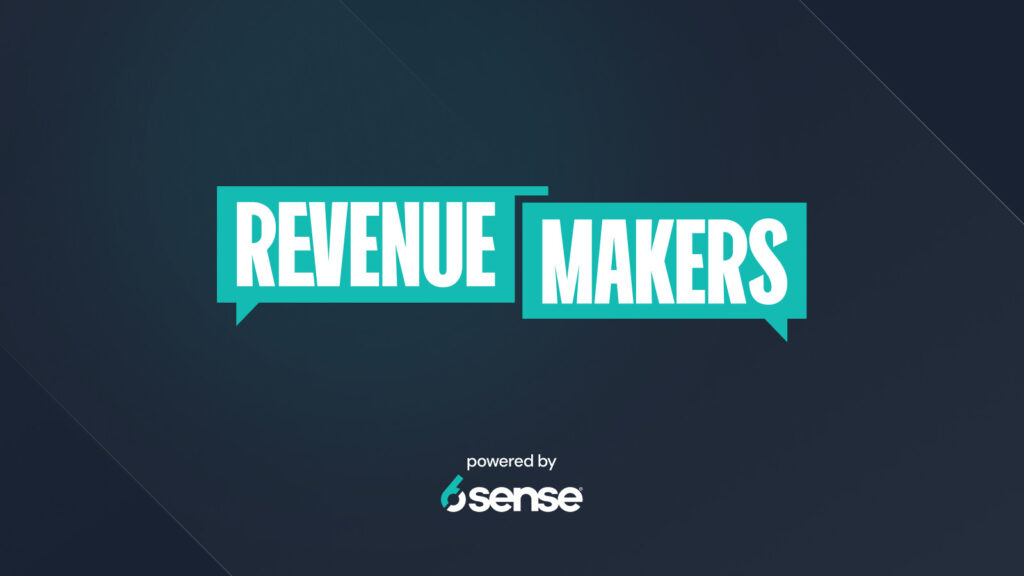What is Demographic Segmentation in B2B Marketing?
In B2B marketing, demographic segmentation is a set of facts about individuals that can be used to categorize a particular group of buyers. This information is used to help B2B marketers and sellers create buyer personas and tailor messaging and product offerings to different prospects.
Demographic Segmentation Examples
Demographic data can be used to identify the size, age, gender, and location of prospective customers, as well as their income, education level, and interests.
This data can be used to inform marketing strategies, such as the type of content, messaging, and channels to focus on, as well as the type of product or service to focus on.
Democrgraphic data focuses on individuals’ characteristics, while firmographic data focuses on the characteristics of companies. Because of this, B2B sellers often use firmographics to identify potential accounts, and then use demographics to hone in on specific buyers within accounts.
For example, a seller may discover that most of their clients are small businesses in a specific geographic region with fewer than 100 employees and average annual revenue between $500,000 and $1 million. Knowing these firmographics, they can craft a tailored email or advertising campaign targeted at this particular group.
Why is Demographic Segmentation Important?
By leveraging demographic data in combination with other forms of analytics such as intent data and predictive analytics, marketers can gain even deeper insights into customer behaviors and preferences.
What are the Different Types of Demographic Segmentation?
- Age is a demographic variable to consider because it can indicate how a buyer likes to navigate the customer journey. For example, certain generations may prefer in-person meetings and traditional marketing channels over video conferencing.
- Gender identity can be an important factor when considering marketing strategies, since different genders may respond differently to certain products or marketing messages.
- Geographic location of a company plays a role, as you’ve got to consider where buyers are located (in the office vs. at home — or some combination of the two) and what type of services they provide (on-site vs. remote).
- Job title, as well as professional responsibilities, is a key piece of data for crafting the right messaging for buyers. People in different departments and roles have different use cases for a product or service, so knowing this detail helps to create content that speaks to their interests and pain points.
- Education level can indicate a customer’s knowledge of certain products and services and how they work. Understanding the education level of buying team members helps marketers determine the types of messaging and marketing materials that will be most effective.
Best Practices for Collecting Demographic Data
Follow these practices to gather the most accurate demographics:
- Collect demographic data from trusted sources, like surveys, market reports, and social media profiles.
- Make sure the data is up-to-date and relevant for your purposes.
- Ensure the accuracy and validity of data by verifying sources and cross-referencing data.
- Adopt an automated data collection system to streamline the data collection process and reduce errors.
- Follow data protection regulations to collect demographics in an ethical manner.
- Use secure data storage and transfer methods to protect data from unauthorized access.
- Monitor data collection activities and evaluate results to identify potential issues and areas for improvement.
B2B demographics better equip marketing teams to identify and understand their audiences, segment them into like groups, and deliver engagement that will boost the likelihood of success.
6sense enriches data from multiple sources like CRMs and email systems into meaningful insights into customer trends. With this level of accuracy and visibility, marketers can make a bigger impact with their efforts.





